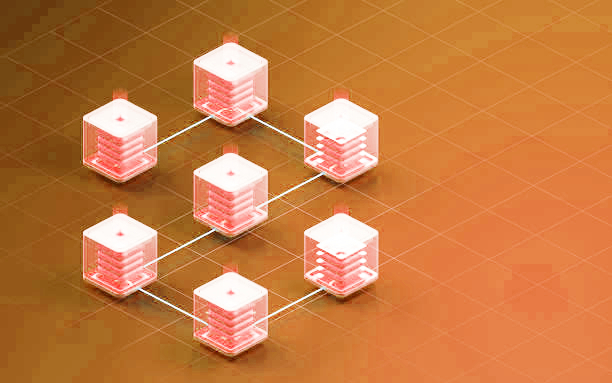A well-tuned database is essential for optimal performance.
In this article, we will discuss how to optimize your database for the best possible performance.
1. Identify the bottlenecks:
The first step is to identify the bottlenecks in your system. This can be done by monitoring the performance of your database using a tool like MySQL Tuner. This tool will help you to identify the areas where your database could use some improvement.
2. Tune your query cache:
Your query cache can have a significant impact on the performance of your database. You should make sure that your cache is tuned for your specific needs. For example, you may want to increase the size of your cache or set a longer expiration time for cached queries.
3. Optimize your indexes:
Indexes are essential for good database performance. You should make sure that your indexes are properly configured and that they are being used by your queries.
4. Optimize your tables:
You should also make sure that your tables are properly optimized. This can be done by ensuring that the correct data types are used and by disabling unused indexes.
5. Use tmp tables:
When possible, you should use tmp tables instead of regular tables. This will help to improve the performance of your database.
6. Optimize your memory usage:
Make sure that you are using as much of your available memory as possible. This can be done by optimizing your MySQL configuration file or by using a tool like InnoDB HotSpotter.
7. Use the right storage engine:
The storage engine you use can also have a significant impact on the performance of your database. You should make sure that you are using the right storage engine for your needs.
8. Use replication:
Replication can be used to improve the performance of your database. You should make sure that you are using the correct replication setup and that your data is being replicated accurately.
9. Optimize your server:
Your server also plays a role in the performance of your database. You should make sure that your server is properly tuned and that it has enough resources to handle your workload.
10. Monitor your system:
You should also monitor the performance of your database system on an ongoing basis. This can help you to identify any potential problems and to optimize your system for the best possible performance.
FAQs:
Q: My database is running slowly. What can I do to improve the performance?
A: There are several things you can do to optimize the performance of your database. You should start by identifying the bottlenecks in your system and then by tuning your query cache, indexes, tables, and memory usage. You should also make sure that you are using the right storage engine and that your server is properly tuned. Finally, you should monitor the performance of your system on an ongoing basis. To know more check RemoteDBA.com.
Q: What is a good way to improve the performance of my MySQL database?
A: You can improve the performance of your MySQL database by following the tips in this article. These tips include optimizing your query cache, indexes, tables, and memory usage. You should also make sure that you are using the right storage engine and that your server is properly tuned. Finally, you should monitor the performance of your system on an ongoing basis.
Q: What is the best way to improve the performance of my MySQL database?
A: The best way to improve the performance of your MySQL database is to follow the tips in this article. These tips include optimizing your query cache, indexes, tables, and memory usage. You should also make sure that you are using the right storage engine and that your server is properly tuned. Finally, you should monitor the performance of your system on an ongoing basis.
Q: What is the best way to improve the performance of my MySQL database on Windows?
A: The best way to improve the performance of your MySQL database on Windows is to follow the tips in this article. These tips include optimizing your query cache, indexes, tables, and memory usage. You should also make sure that you are using the right storage engine and that your server is properly tuned. Finally, you should monitor the performance of your system on an ongoing basis.
Conclusion:
In conclusion, a well-tuned database is essential for optimal performance. By following the tips in this article, you can optimize your database for the best possible performance.












![How to Fix [[[“xjs.sav.en_us.xyl2giaphyu.o”,5]],null,[null,1],200] Error Code? [[[“xjs.sav.en_us.xyl2giaphyu.o”,5]],null,[null,1],200]](https://www.techwebtopic.com/wp-content/uploads/2022/02/xjs.sav_.en_us.xyl2giaphyu.o5nullnull1200.jpg)



